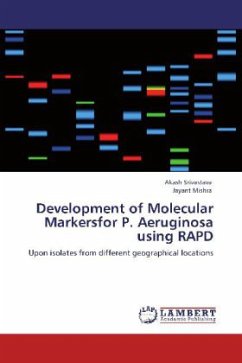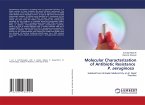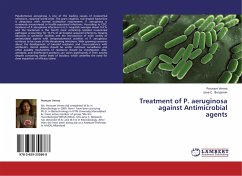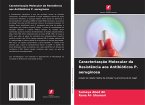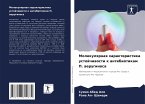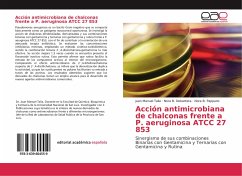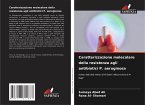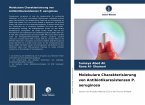P. aeruginosa is considered as an opportunistic pathogen which causes infection in immunodepressed subjects. RAPD is a molecular biological technique based on PCR for revealing gene polymorphism. The product of polymorphism of RAPD is DNA fingerprint which not only shows the correlation of the development process of germline but also reflects the different distinct clones. In the study eight strains of Pseudomonas aeruginosa were characterized genotypically by RAPD analysis by comparing with the standard strain of MTCC 1749. PCR profiles revealed 6 prominent bands with molecular weights of 490bp, 520bp, 660bp, 1.3kb, 1.4kb and 1.7kb. Pair-wise co-efficient similarity based on presence and absence of bands revealed that among 8 strains, 4 strains exhibited 83% similarity, whereas, three strains showed 16.67, 50, 66.6% similarity, one strain showed 0% similarity with the standard strain. This confirms that bacteria isolated from entirely different geographical areas can also share some genetic relatedness.
Bitte wählen Sie Ihr Anliegen aus.
Rechnungen
Retourenschein anfordern
Bestellstatus
Storno

